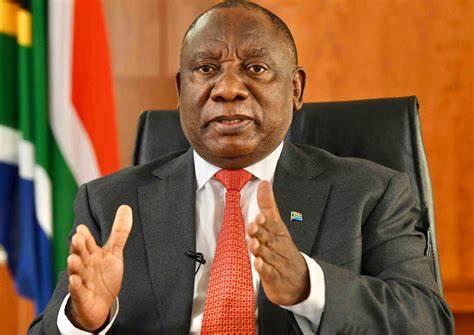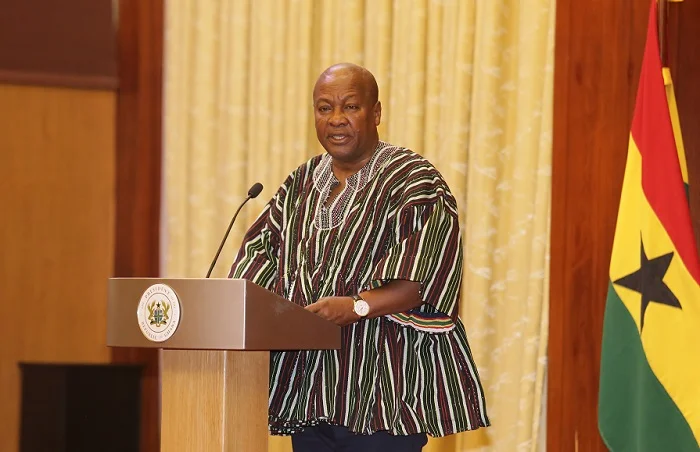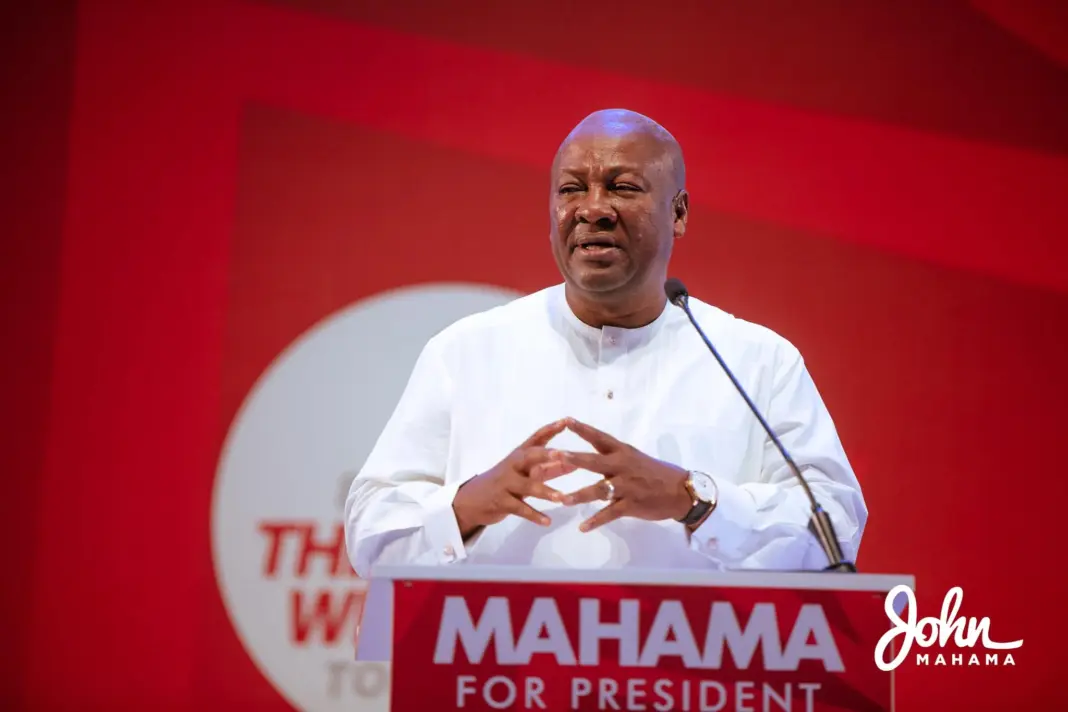John Dramani Mahama has voiced deep concerns over the narratives that emerged from a White House meeting between then U.S. President Donald Trump and South African President Cyril Ramaphosa.
In a reflective and assertive statement, Mahama addressed what he believes to be a deliberate distortion of African history and the weaponization of language against the continent.
Below are ten key takeaways from Mahama’s perspective on the encounter and its wider implications for Africa:
1. Language remains a powerful tool of suppression
Mahama warns that Trump’s claims of “white genocide” in South Africa are more than misinformation—they represent an intentional misuse of language to perpetuate old wounds. Citing Kenyan writer Ngũgĩ wa Thiong’o, Mahama emphasizes that language can be more effective than military conquest in subjugating people.

2. Africa’s nations are linked by shared destiny
He recalls how Ghana, upon gaining independence in 1957, made a pan-African declaration under Kwame Nkrumah: “Our independence is meaningless unless it is linked up with the total liberation of Africa.” Mahama argues that solidarity among African nations is not optional—it is historical necessity.
3. Ghana’s response to the Sharpeville massacre showed true solidarity
Reflecting on the 1960 Sharpeville massacre in South Africa, where 69 Black people were killed, Mahama notes how thousands in Ghana marched and protested in response. Despite the distance, the injustice felt familiar—an injury to one African nation was felt by all.
4. Soweto’s pain reached even a young Mahama
He recounts how, at age 17, the 1976 Soweto uprising struck him deeply. The image of Hector Pieterson’s lifeless body being carried by Mbuyisa Makhubo haunted him, symbolizing the brutal sacrifice of youth for freedom. For Mahama, that image personified a shared trauma.
5. Apartheid’s end was a global achievement—not a gift
According to Mahama, apartheid collapsed not out of goodwill but due to relentless global resistance: protests, sanctions, and boycotts. He insists that while apartheid’s legal structure fell, its legacy still poisons the soil.

6. Economic inequality still grips South Africa
Mahama highlights that white South Africans, though less than 10% of the population, control over 70% of the nation’s wealth. He points to places like Kleinfontein and Orania as remnants of apartheid’s racial exclusivity, where Afrikaner identity is preserved through separate currencies and restricted residency.
7. Claims of “white genocide” are baseless
He finds Trump’s genocide claims not only factually wrong but morally insulting. If Black South Africans had wished to seek revenge, Mahama argues, they had ample opportunity post-apartheid. Instead, they chose reconciliation.
8. Ramaphosa faced manipulation, not dialogue
Mahama criticizes the manner in which Trump presented misleading and unrelated images—some allegedly from Congo—during the White House meeting. Ramaphosa, he says, was blindsided and denied a fair opportunity to defend his country’s truth.

9. Collective memory protects African identity
Quoting Archbishop Desmond Tutu, Mahama underscores that destroying a people’s memory is the first step in erasing their identity. But he asserts that African memory runs deep—in stories, songs, classrooms, salons, and sermons—and it cannot be erased.
10. Real crises deserve global attention
Mahama shifts focus to real, ongoing atrocities: child labor in Congo’s mines, wartime rape in Sudan, mass deaths in Gaza, and the global refugee crisis. While false claims dominate Western narratives, he urges the world to address these pressing, authentic emergencies.

